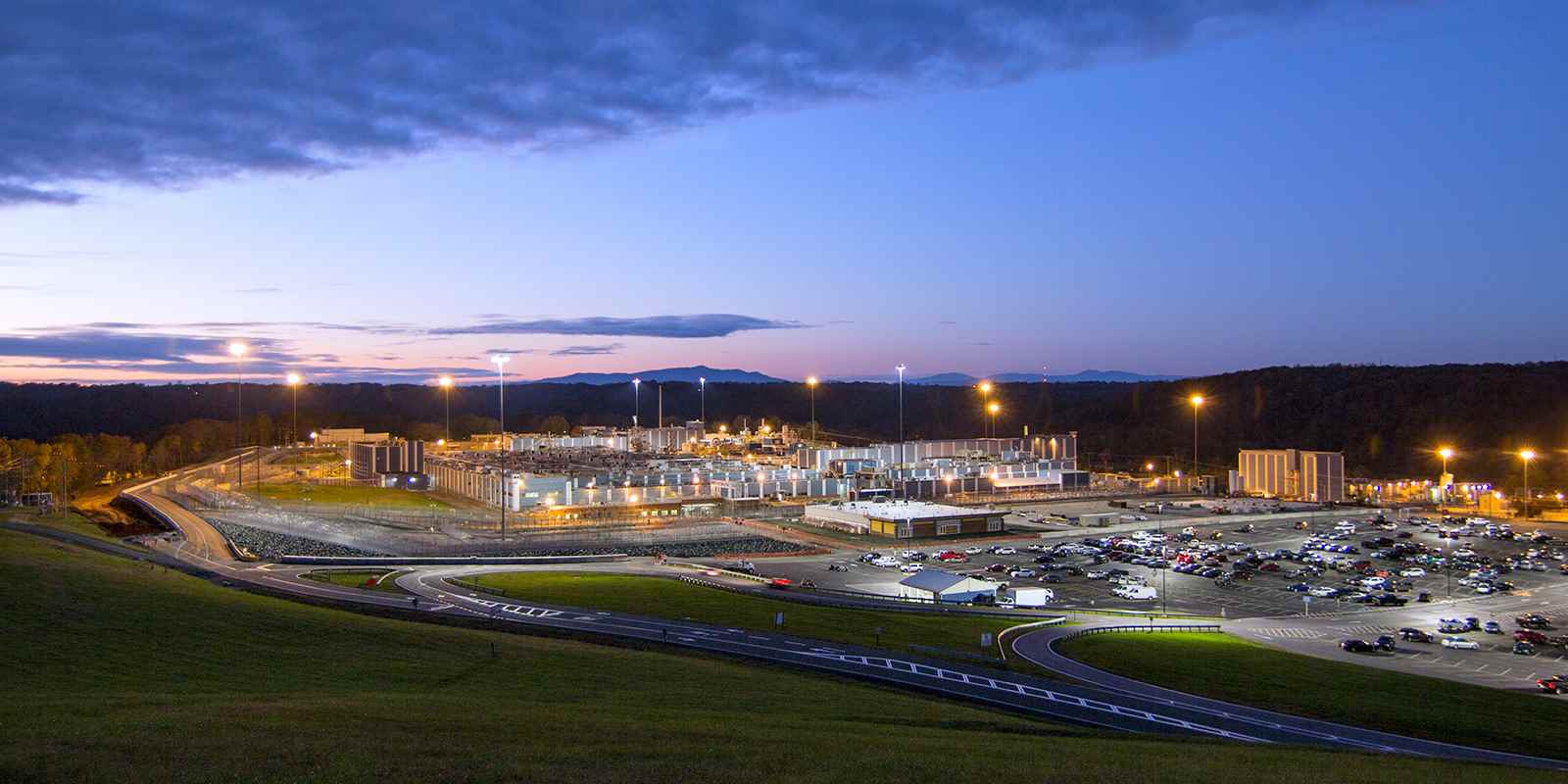
Continuing its investigation of a fatal fire nearly two years ago at BWX Technologies’ Lynchburg, Va., plant, the Nuclear Regulatory Commission is planning a public, predecisional enforcement conference at its Rockville, Md., headquarters with the company.
“We…